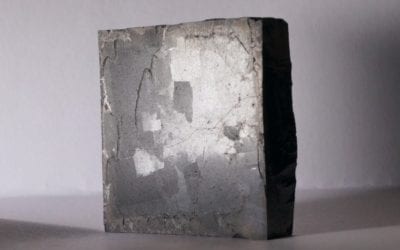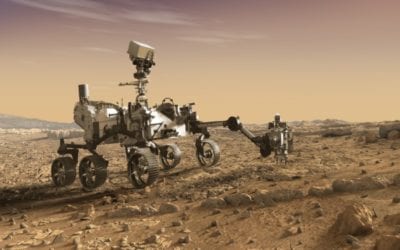Dogs’ immune systems are second in sophistication in comparison to humans. The Dog Aging Projects aims to study dogs’ genomes and the environmental conditions affecting them. Scientists hope to discover new ways of helping us and canines live longer, healthier lives.
Science Now
Here you can find the latest in science news, scientific discoveries. Written and explained with humorous twist, of course.
Astronaut Hibernation No Longer A Science Fiction Trope
How could we send astronauts to Mars or other planets in an efficient, safe, and easy manner? Equip spaceships with hibernation pods. Now, who would have thought of that, except for every sci-fi movie you have ever seen? But now, the ESA says astronaut hibernation might become possible. It may also be the future of humankind going deep into space, where no one has gone before.
Brand New State of Matter Discovered Opens the Door to Future Tech
When it comes to quantum theory, superconductive materials, electrons, and Cooper pairs, physicists have still a long way ahead of them explaining and testing everything. Nevertheless, science just found a new state of matter that can be a game-changer for quantum mechanics and everyday technology as we know it!
NASA and ESA Went to Australia in Preparation to Find Life on Mars
Two new space missions – from NASA and ESA – plan to land rovers on Mars in 2021. Their goal is to collect core and soil samples in the Jezero Crater in the hope of finding traces of ancient life. In order to do so, however, scientists went to Australia to study similar minerals that preserve biological fossils billion of years old.
Health Experts Warn about The Climate Change Potential Impact on Kids
We know climate change has some impact upon our health right now, but how do things look for future generations? International health experts sound the alarm regarding the potential devastating effects of climate change for kids.
A Rejected Star from Milky Way’s Supermassive Black Hole Took 5 Million Years to Come Here
We don’t know how stars feel when supermassive black holes absorb them and then give them the boot. However, we are all excited about the discovery of a 5 million years old star rejected by our galaxy’s supermassive black hole. It travels in the neighborhood at high velocity and scientists cannot stop talk about it.






